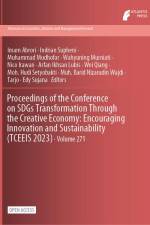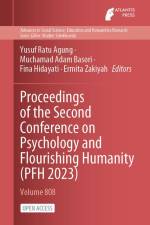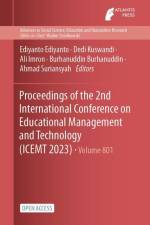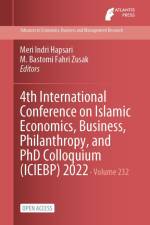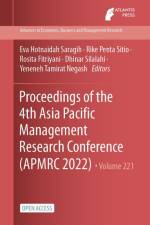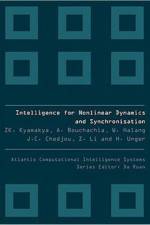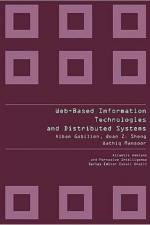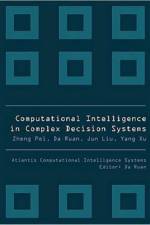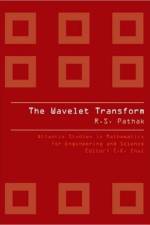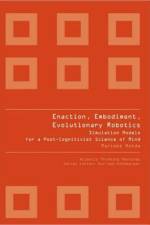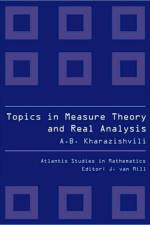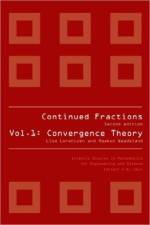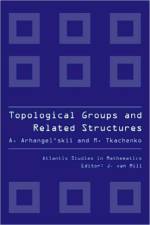av Imam Abrori
621
This is an open access book.Welcome to the 7th Indonesian Conference, focused on the theme of "SDGs Transformation through the Creative Economy: Encouraging Innovation and Sustainability." This edition aims to explore the intersection between the Sustainable Development Goals (SDGs) and the creative economy, emphasizing the importance of fostering innovation and sustainability.The conference provides a platform for academics, researchers, policymakers, industry professionals, and stakeholders to gather and exchange knowledge, ideas, and experiences regarding the transformative power of the creative economy in achieving the SDGs. By examining the dynamic relationship between creativity, innovation, and sustainable development, this edition aims to generate valuable insights and practical solutions to address the pressing global challenges we face today.Throughout this conference, participants will have the opportunity to delve into various topics related to the creative economy and its potential to contribute to the SDGs. We will explore how creative industries can drive economic growth, promote social inclusivity, preserve cultural heritage, and protect the environment. Moreover, we will investigate innovative approaches, best practices, and emerging trends that can enhance the creative economy's impact on sustainable development.By gathering experts and practitioners from diverse fields, we aim to foster interdisciplinary dialogue and collaboration, ultimately inspiring new ideas, strategies, and policies that can foster a more sustainable and inclusive future. Together, we can harness the power of the creative economy to propel transformative change, aligning our efforts with the global agenda of achieving the SDGs.We extend our heartfelt appreciation to all participants, sponsors, and organizers for their commitment to advancing the discourse on the creative economy and sustainable development. Let us embark on this journey of exploration, innovation, and collaboration, as we work towards a better and more sustainable future for all.

